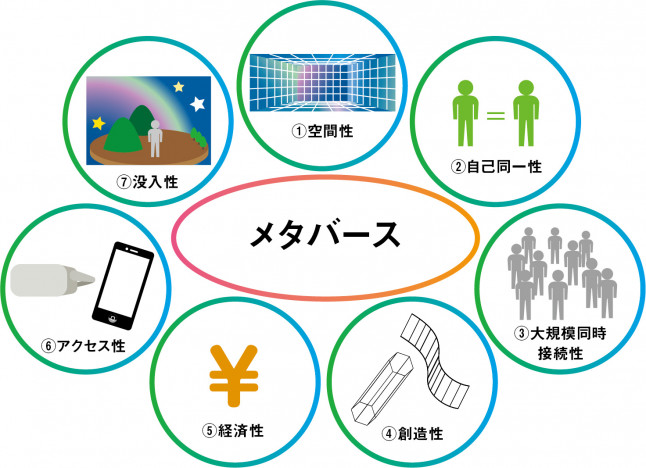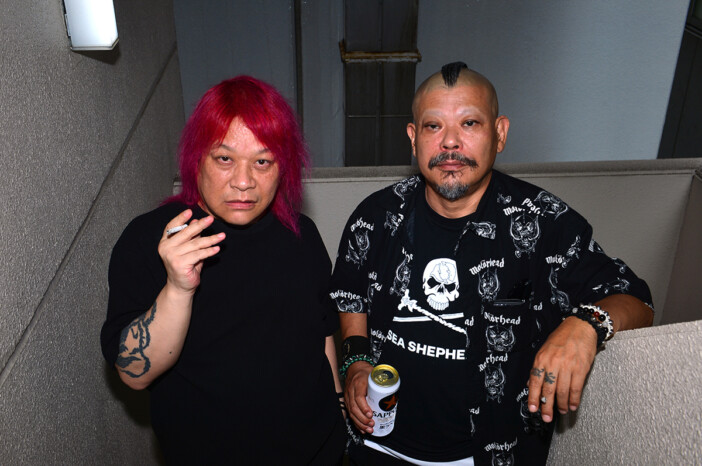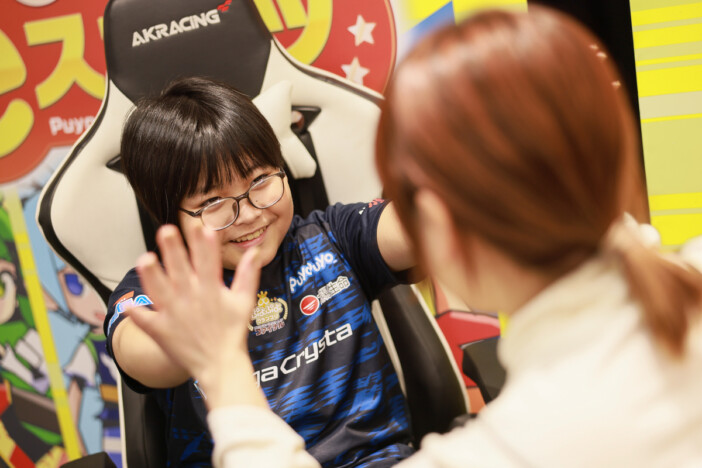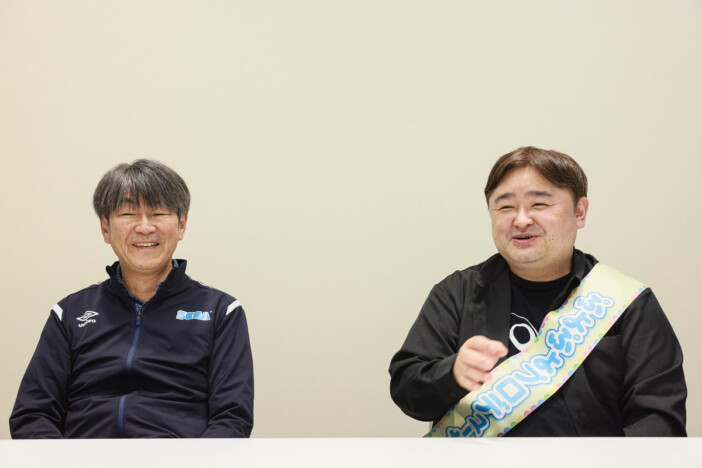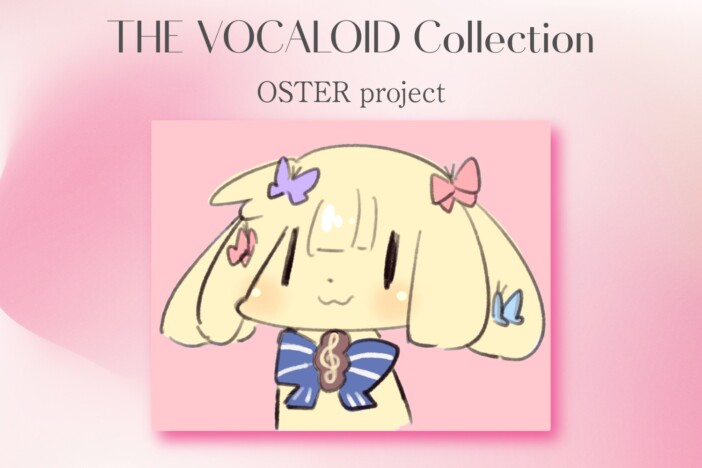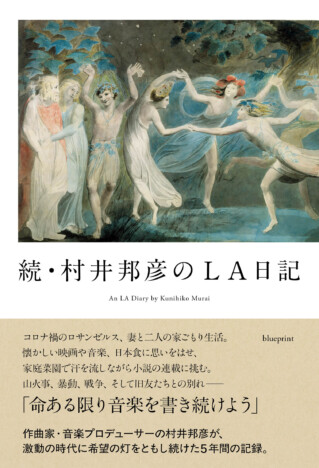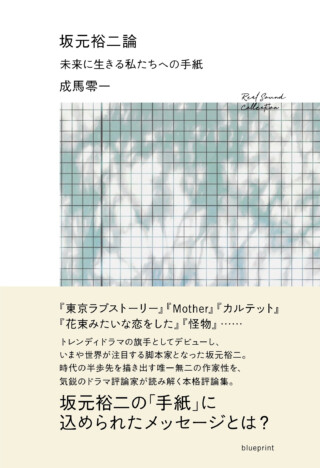人類学者・ミラと紐解く「バ美肉」の世界 あらゆる人が「理想の自分」になれる時代に感じた可能性

スイスの人類学者であり、「ミラ」として活動するリュドミラ・ブレディキナ(Liudmila Bredikhina)氏が、「バ美肉(=バーチャル美少女受肉)」に関する論文でジュネーブ大学のジェンダー分野の学術賞「プリ・ジャンル」を受賞した。「バ美肉」に関する研究が学術賞を受賞するのは世界初の快挙であり、2022年のバーチャルに関する動きのなかでも特筆すべきもののひとつだった。
今回はそんなミラに、これまで行なってきた研究の内容や、「バ美肉」に興味を持って研究を始めたきっかけ、バーチャルの姿とジェンダー規範に関する話などを聞いた。

ーーまずはミラさんの行っている研究の具体的な分野と内容について教えてください。
ミラ:2021年、私はスイスのジュネーブ大学にてアジア研究の修士号を取得しました。最近「プリ・ジャンル」を受賞した論文は、バ美肉と日本の伝統的な演劇を研究したものでした。修士論文のタイトルは、『バ美肉:バーチャルパフォーマンスの背後にあるもの。テクノロジーと日本の演劇を通してジェンダーの規範に抗う』です。
実は、2020年に欧米の研究者で初めてバ美肉に関する学術論文を発表しました。それ以来、科学雑誌にいくつも論文を発表しています。いまは、マルタ大学院のジェンダー・セクシュアリティの博士課程に出願中です。私の研究は、日本の男性が表現する“バーチャル可愛い”と“美少女”についてのもので、「バ美肉」や「お砂糖」の文化などが象徴的ですね。
In 2021 I completed my master’s degree in Asian Studies at the Geneva University, Switzerland. My research, for which I recently received “Genre Prix,” focused on babiniku and Japanese traditional theatre. The exact title of my MA thesis was “Babiniku: what lies behind the virtual performance. Contesting gender norms through technology and Japanese theatre”.
Actually, I was the first Western researcher to publish an academic paper about babiniku back in 2020. Since, I published a number of articles in scientific journals: “Becoming a Virtual Cutie: Cross-Dressing in Japan,” Convergence (2022); “Virtual Theatrics and the Ideal VTuber Bishōjo,” Replaying Japan 3, (2021); “Virtual Reality Sex-Work: Phantom Touch and ‘Tricks’,” ConVRgence (VRIC) Virtual Reality International Conference Proceedings (2021); “Avatar Driven VR Society Trends in Japan,” 2020 IEEE Conference Proceedings (2020).
Right now, I am applying for a Ph.D. in Gender and Sexualities at the University of Malta. My research focuses on Japanese male virtual kawaii and bishojo practices. For instance, I am interested in babiniku and osato cultures.
ーーなぜ日本のカルチャーに興味を持ったのでしょうか?
ミラ:子どものころ、父の仕事上の日本の友人に、折り紙を教えてもらい、そのとき初めて日本文化に興味を持ちました。それから、浮世絵の本を集めたり、座禅について読んだりするようになったんです。10代のころにはインターネットで日本のロリータファッションの写真を発見し、雑誌『FRUiTS』のスキャンを読んだことをきっかけにMALICE MIZERのギタリストであるManaに恋心を抱くようになり、そこからヴィジュアル系ややおい、乙女ゲームに興味を持ちました。
日本に行ったときには、芸者や女装家、ドラッグクイーン、演劇人、ネカマの方などにもお会いしました。
When I was a child, my dad had a Japanese friend (related to business) who taught me origami. I remember that was the first time I became interested in Japanese culture. Then, still as a child, I started collecting books about ukiyo-e and reading about za-zen.
As a teenager, I discovered Japanese Lolita fashion photos on the Internet, typically reading scans of the magazine Fruits. That led me to my first Internet crush, Mana, the bass guitarist of the Japanese group Malice Mizer. Then there was my interest in Visual-kei, yaoi, and otome games.
When I went to Japan, I met with geisha, Japanese erotic rope performers, cross-dressers, drag queens, theatre artists, and nekama.
ーーそのなかでバ美肉について興味を持った理由は?
ミラ:2018年には初音ミクを知り、その1年後にはVTuberを知りました。2019年末にVtech Challengeが開催されたので、日本と欧米のVTuberの共通点や違いについて簡単な調査をすることにしました。そこで知ったのが、「バ美肉」でしたね。日本文化への興味、ジェンダープレイの習慣(10代のころ、性別を変えたり、異性の装いをして遊ぶのが好きでした。しかし、演じるのは舞台の上だけではありませんでした。ウェブロールプレイングが好きなので、猫娘と少年の2人をメインキャラクターにしていました)、インターネットに時間をかけすぎる習慣と合わせて、バ美肉を研究することは修士論文のテーマとして最適だと思った。また、男性がかわいい女の子キャラに転生する理由もずっと気になっていたんです。
In 2018 I discovered Hatsune Miku and one year later I found out about VTubers. At the end of 2019 Vtech Challenge was taking place and I decided to do a quick survey investigating similarities and differences between Japanese and Western VTubers. That’s when I found out that a number of Japanese users called themselves babiniku. Mixed with my existing interest in Japanese culture, my gender-playing practices (I liked to play with gender-bending or cross-dressing as a teenager. However, it was not only on stages that I would perform. As an adept at web role-playing, I had two main characters, a cat-girl and a young boy on the Internet.), and my habit of spending too much time on the Internet, researching babiniku seemed like a great master’s degree thesis subject. Also, I was always interested in the reason why men incarnate cute girl characters.


